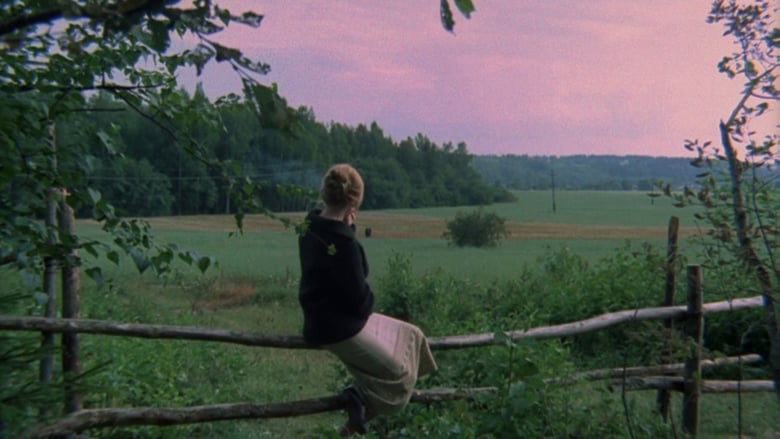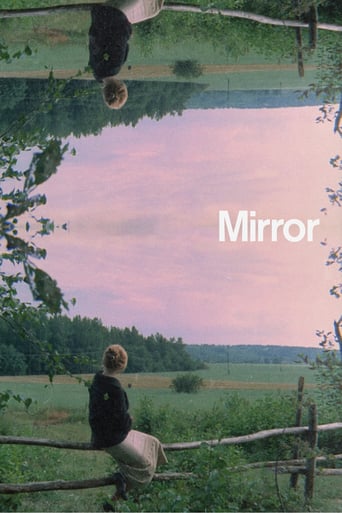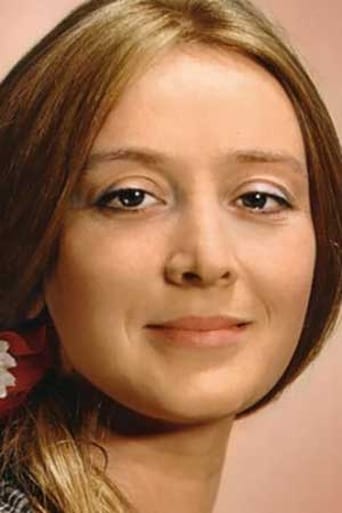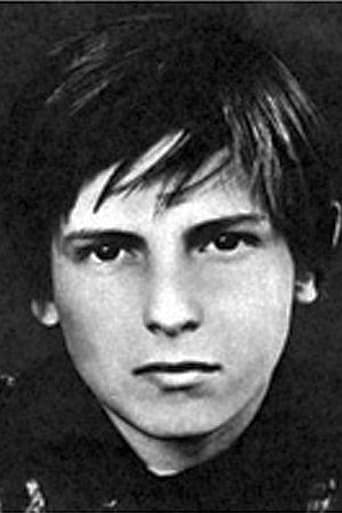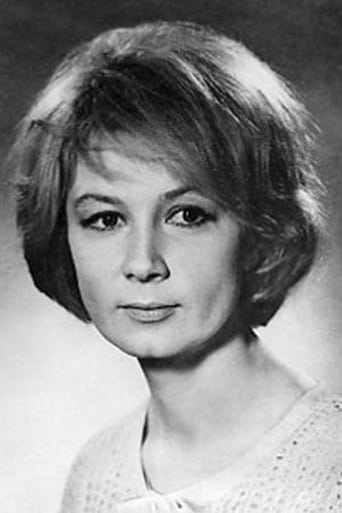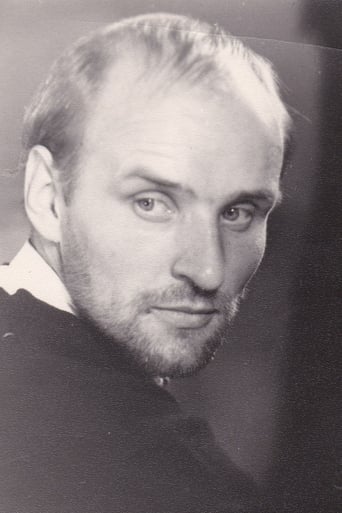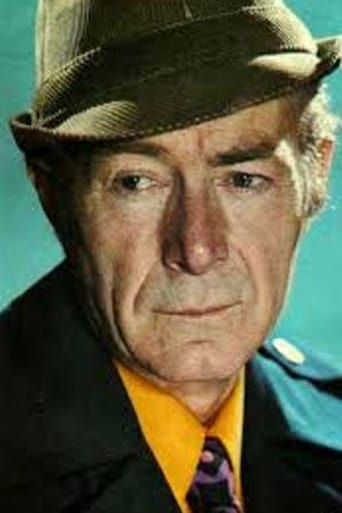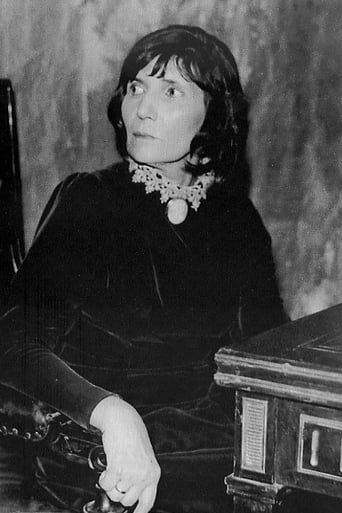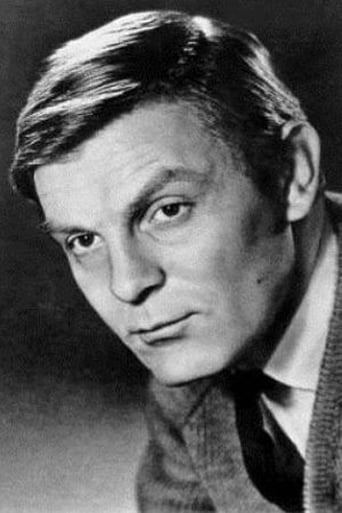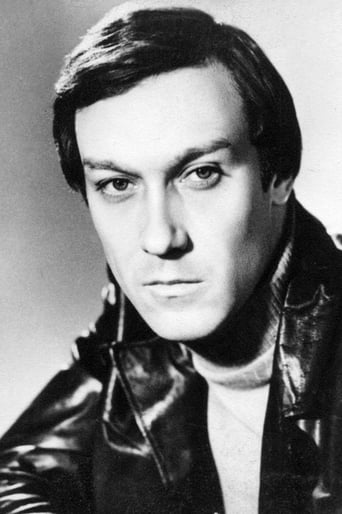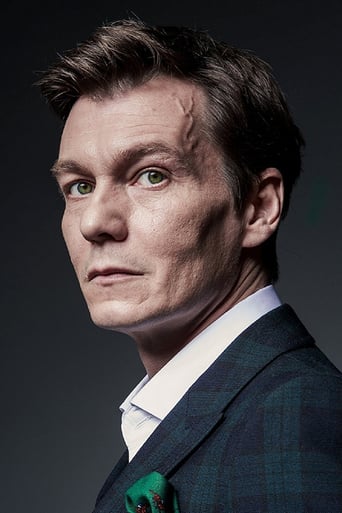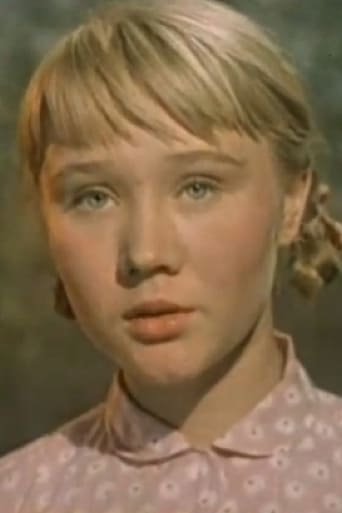A dying man in his forties recalls his childhood, his mother, the war and personal moments that tell of and juxtapose pivotal moments in Soviet history with daily life.
Similar titles

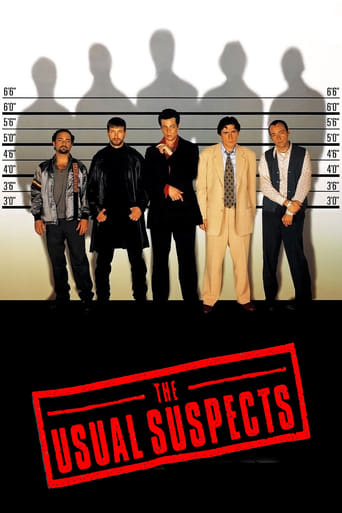

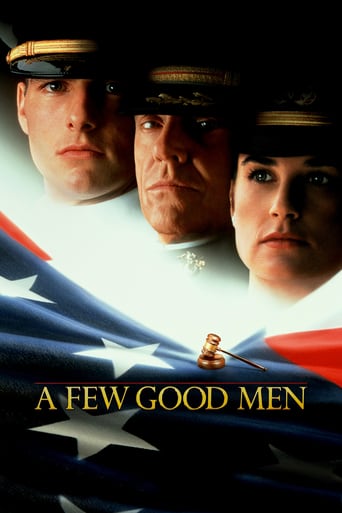
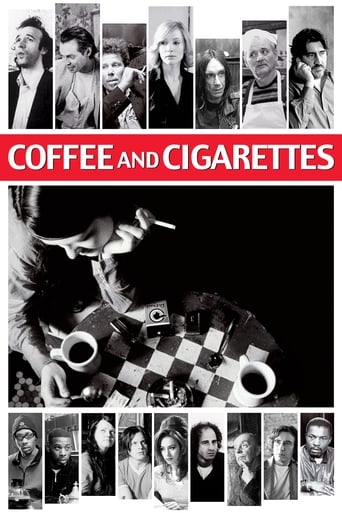

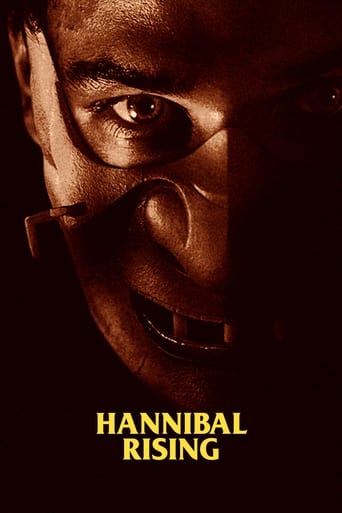
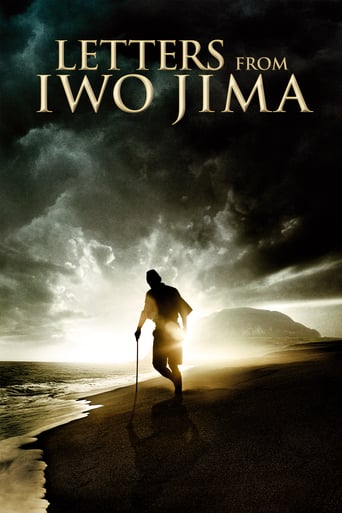
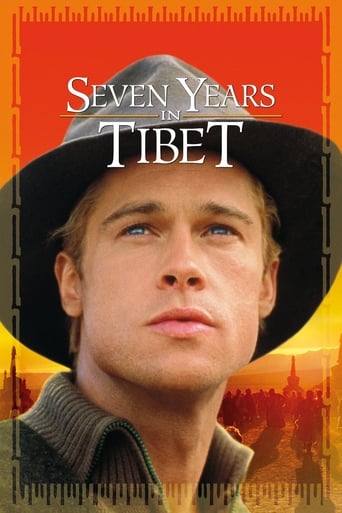
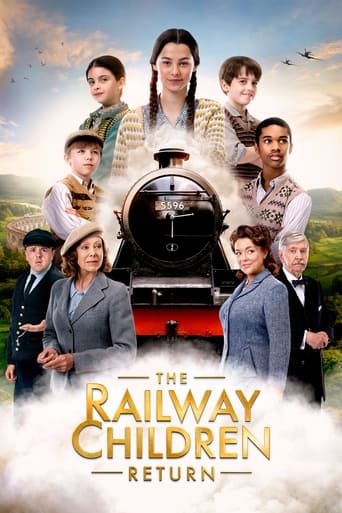
You May Also Like
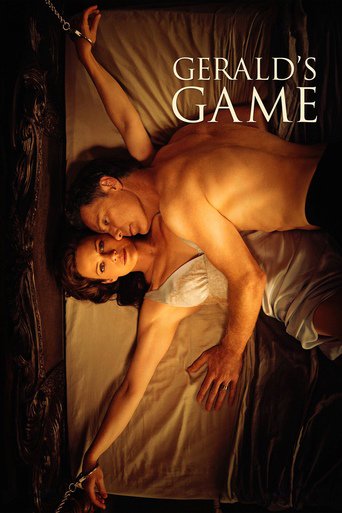
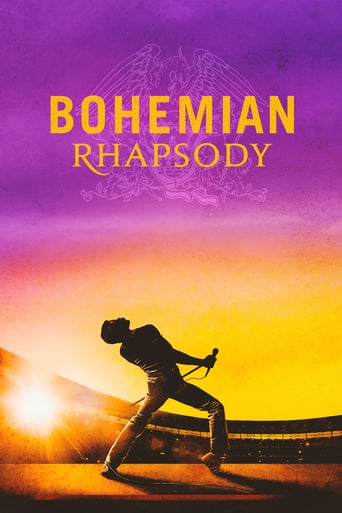

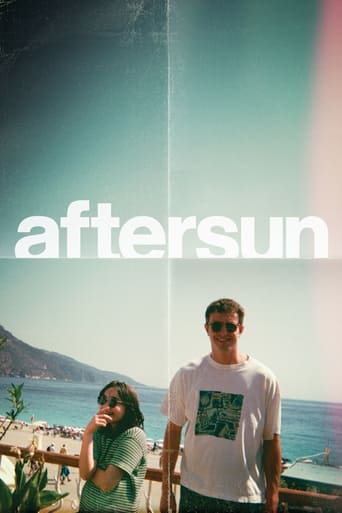
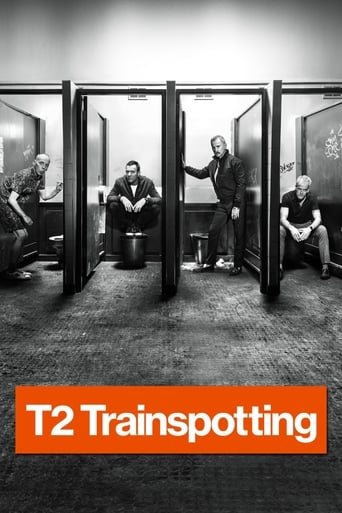
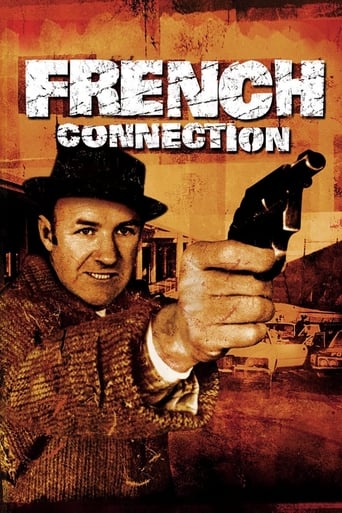
Reviews
One of my all time favorites.
Absolutely Brilliant!
This is one of the few movies I've ever seen where the whole audience broke into spontaneous, loud applause a third of the way in.
Excellent and certainly provocative... If nothing else, the film is a real conversation starter.
When we see a film that leaves an impression in us, we often describe it as a dream-like film. In the case of The Mirror, we can't describe it like this, because it's just about some dreams or rather some memories that might be mere illusions. Although I hadn't known that before I watched this movie, I found that, for the most part, I was invested in the characters and I was caring about them. To my surprise, I was overwhelmed with many emotions, which are very different from each other, emotions of fear, tense, joy, sympathy, etc. In large part, that was due to Tarkovsky's poetic direction; the transition between a scene to another, the color changing according to the feelings not to the time, the harmonious music, and so on. The performances are also great and very realistic, especially from Margarita Terekhova who played two different characters. That being said, there are some subplots, or in this case I should say some memories, that I didn't care for at all, and I was so bored watching the movie at their times. Overall, Zerkalo is a film to experience, and this is my rating for experiencing it for the first time, and I'm sure it will be higher when I watch it again.(8/10)
Seriously people, a poem? You can't be serious. The film has merits, some lovely shots, some good mood stuff, but I found it utterly painful and pretentious... self conscious and messy. Apparently Tarkovsky stated that the artist himself does not necessarily know the meaning of an image but is compelled to express his vision. What a grandiose sense of self... guided by God, I suppose. Taking a pile of snippets of history and then blurting them out and sticking bits together with an almost invisible narrative does not make "poetry". I didn't mind the occasional sloppy filmmaking, like the sight of the tracks on the right of frame in the last shot, or the microphone shadow in one of the dull dialogue scenes, but really did mind that it was just utterly painful to watch. Perhaps I am not intelligent or deep enough to understand this poem. Or perhaps this is the most over-rated movie in history.
Seldom does poetry make strict literal sense, nor does it intend to. Rather, through a combination of careful word choice and syllabic cadence, a poet can evoke emotions and convey a message just as powerful as any traditional narrative. Andrei Tarkovsky is often referred to as a visual poet, and Mirror is a film that doesn't just exemplify this style, but sees it realized to its fullest potential. Tarkovsky's images and compositions are the words of this poem, and the manner in which these images are stitched together through the organic movements of his camera is its cadence. The narrative content of the film essentially involves a narrator reflecting over his childhood, adolescence, and adult life, particularly focusing on his complex relationships with his mother, wife, and son. Instead of telling a linear story, Tarkovsky seamlessly blends the present with the past and dreams with reality. The film continuously and unpredictably pirouettes along the narrator's timeline, highlighting key moments and slowly revealing his current state of mind and outlook on life.It would be impossible to overstate the visual prowess of this film. Tarkovsky is a true master of visual art, and there is an abundance of searing, unforgettable images in this film that will instantly burn themselves into your brain. The shot composition, lighting, and use of color is immaculate and the way the camera flows freely within the spaces on screen creates an ethereal, other-worldly quality. Given that the vast majority of the film is populated by memories of the narrator, this style works extremely well. The camera seems to act as the mind's eye of the narrator as he journeys through his recollections. At times it hovers over his mother, wife or son, at others it slowly turns away and lingers on the environment as the characters speak off-screen. We as the audience feel like we are directly inside his mind, exploring these memories with him.And despite the lack of strict narrative structure, plenty of messages and themes bubble to the surface as the film progresses. Having only seen the film once at the time of writing this review, I'm definitely at a disadvantage as this is the kind of movie that needs to be seen many times to fully absorb its story and themes. From what I was able to gather on the first journey through, a big theme of the film is the cyclical nature of life and the ways in which past experiences and traumas impact the present. In an interesting and decidedly brilliant casting decision, Tarkovsky uses the same actors to play multiple key parts in the film. The same young boy plays both the narrator as a child in his distant memories, and his son in his more recent adult memories. He also uses the same actress to play his mother in his childhood memories, and his wife in his adult memories. This choice emphasizes the similarities between these characters despite their separation in time. There's a great narrated monologue about midway through the film in which the narrator (and Tarkovsky) muse over the "immortality" of life: "Everything's immortal... One table serves both granddad and grandchild... The future is being made right now." These words conjure an image of a continuous thread of life that permeates beyond the individual and through the generations. And further, as I mentioned previously, Tarkovsky seems to suggest these generations are also cyclical in nature, with individuals that mirror and reflect one another as the title of the film implies. As a boy, our narrator struggles in the absence of his father who is fighting in WW II. He lives with his mother, grandmother, and sister in a remote wooden cottage after fleeing Moscow which had been bombed. Our narrator's mother is not much comfort to him and seems detached, even unhinged as much of the imagery suggests. A telling scene shows the division between mother and son, as the narrator attempts to unsuccessfully open a door and walks away, only to have the door swing open for us to reveal his mother behind it.In the later memories, these themes recur. The settings have changed, but the characters (and again, the actors themselves) have remained the same. The narrator's son is also isolated and estranged from his distant and troubled mother. The narrator himself seems to fill the role of absent father like his father before, trying to push the boy to live with his mother or suggesting that they enroll him in a military academy. It's interesting as well that the narrator chose to marry a woman so similar to his own mother, as if he is still trying to become close to her even in adulthood. The implication seems to be that the experiences (positive and negative) of the narrator in his childhood have impacted and shaped his adult life, as they do with us all. The film, then, is essentially the narrator's visualized realization of this as he journeys through his memories. Mirror is a deeply philosophical and visually stunning work that challenges and rewards the engaged viewer. If you love movies, don't miss this one.
Ignat turns on the television and steps back, the camera panning behind his head placing the spectator into his mind (or into his consciousness). We watch what he watches – a doctor helping a teenager overcome a speech impediment. The two shots that precede the pre-title sequence are a curious opener for a film, but could not be a more appropriate way to begin The Mirror (1974), Tarkovskii's introspective study into memory. The televised examination of the stutterer is one of those rare, inexplicable moments that stand out when reflecting on one's childhood: we cannot control the distinctive images or brief flashes that stick, but for some odd reason they do.The Mirror is a tremendously personal film, with Tarkovskii's father Arsenii reading his own poetry, and (I assume) many of the past sequences and dreams lifted from the filmmaker's own life (we even see a poster for the director's second endeavor Andrei Roublev (1966) during a pan in the phone conversation). Tarkovskii turns the abstract, the metaphysical and the spiritual into something concrete in his images. The film is loosely structured playing as if a recollection of memories with each scene a strong impression from the past. The rich greens, the moment with the fence breaking and doctor laughing, the gust of wind as he walks away and the burning barn all seem as though Tarkovskii is reconstructing vivid incidents from his youth and transcribing them to celluloid. Tarkovskii often employs his trademark meditative long takes; each shot an investigation into motion as the filmmaker dwells on subtle textures such as the dripping of water, the river stream and the strength of the wind. The title The Mirror evokes a reflection, possibly the way we reflect upon and dream about our own past experiences. Our nostalgic and imaginative visions from the past maintain a realness that "objective" history lacks. In the final moments of our life, all we have are our learned experiences and flashes from our memories as Tarkovskii gives us a bird leaping from the hands of the dying man cutting to the sun setting in the open field, the childhood house and the mother laying in the grass.
Top Streaming Movies











